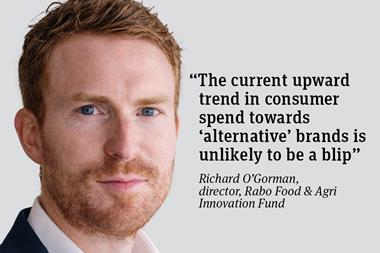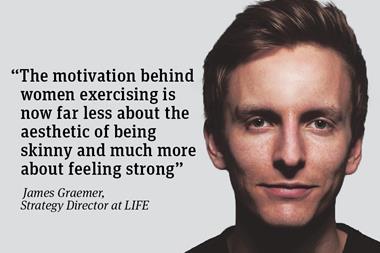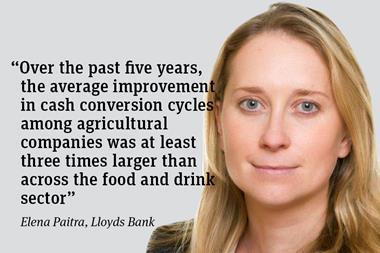The discounters’ efforts to leech market share away from the big four displace and disrupt much of what we once assumed to be indispensable within today’s experience-centric food marketplace.
We have seen an explosion of interest in novelty dining experiences across foodservice, the increasing exoticisation of Britons’ cooking at home, and the saturation of prime time TV with ‘foodietainment’ like MasterChef. Food has become established as the experiential market arena par excellence.
As such, grocery retailers have conformed to what authors Joseph Pine and James Gilmore called the ‘experience economy’ in the late 1990s. Fulfilling consumers’ desire for experience was assumed to be a premier source of value and so the generation of entertaining, immersive in-store service encounters became recognised as a fundament for competitive strategy.
However, competitiveness based on experiential shopping can be called into question when we consider how Aldi’s growth co-exists with criticisms that its shoppers are regularly disappointed by long queues, cluttered aisles and busy car parks. Furthermore, Aldi’s range is strategically capped, which circumvents shoppers’ capacities to explore, fantasise, and take risks with unusual items. The shopping experience is not lionised or even made particularly enjoyable; instead it is simplified, rationalised and economised.
Functional, bare bones shopping can however resonate as unaffected, unpretentious, honest. In a world of experience marketing smoke and mirrors and manufactured ‘hyperchoice’, it is a relief to be left alone to shop with little distraction. The limited range offered by Aldi makes it easier to locate what is in fact needed and much simpler to leave with only what’s needed.
The notion of experiential retailing has undeniably been useful for management and will undoubtedly continue to help inspire innovation, but in light of Aldi’s agnostic approach, we should consider the possibility that experience delivery may become nonessential.
James Cronin is a lecturer with the Department of Marketing at Lancaster University Management School
Sign in to comment on this article
Not logged in before? Register for FREE guest access today.
You will be able to:
- Read more stories
- Receive daily newsletters
- Comment on stories
Advert



















No comments yet